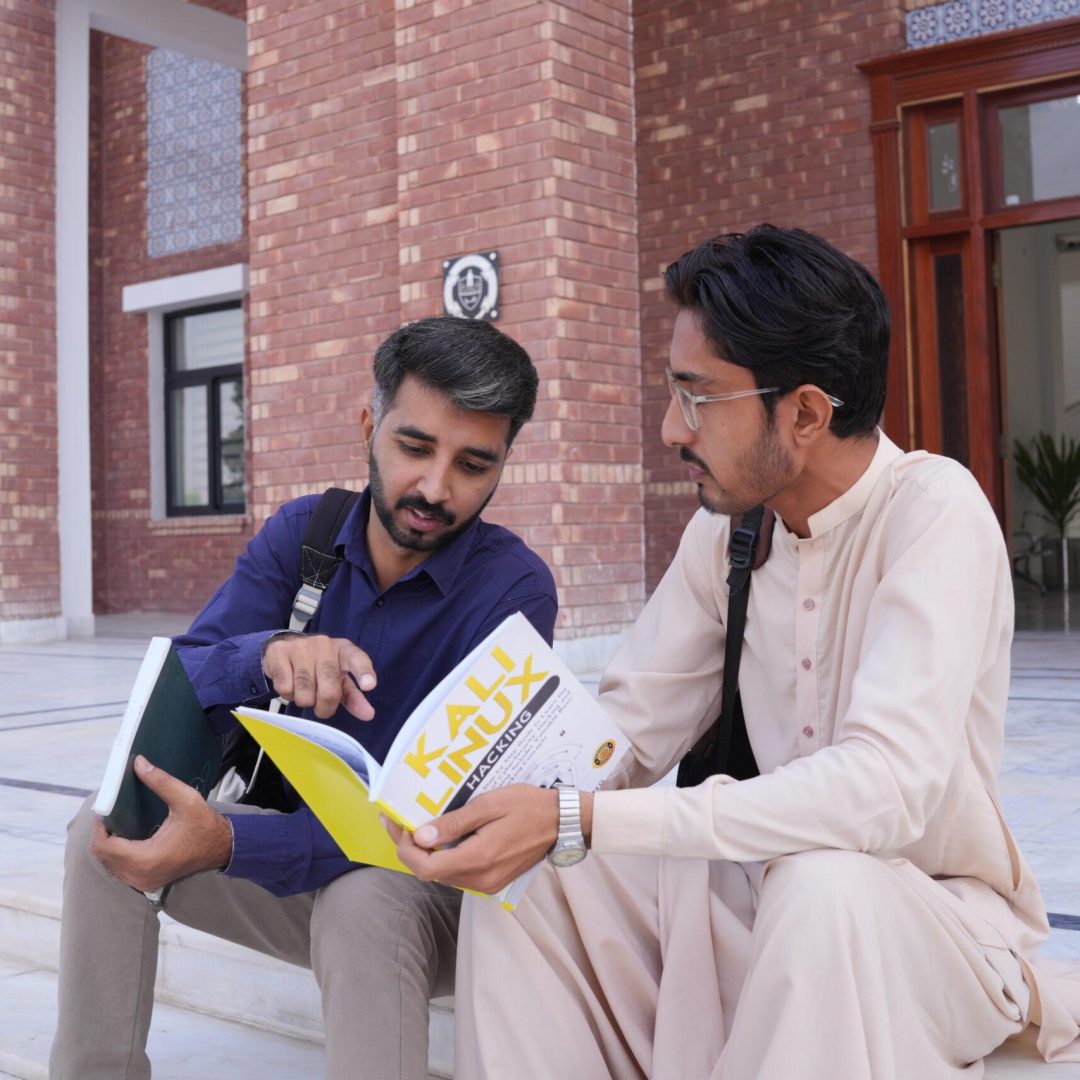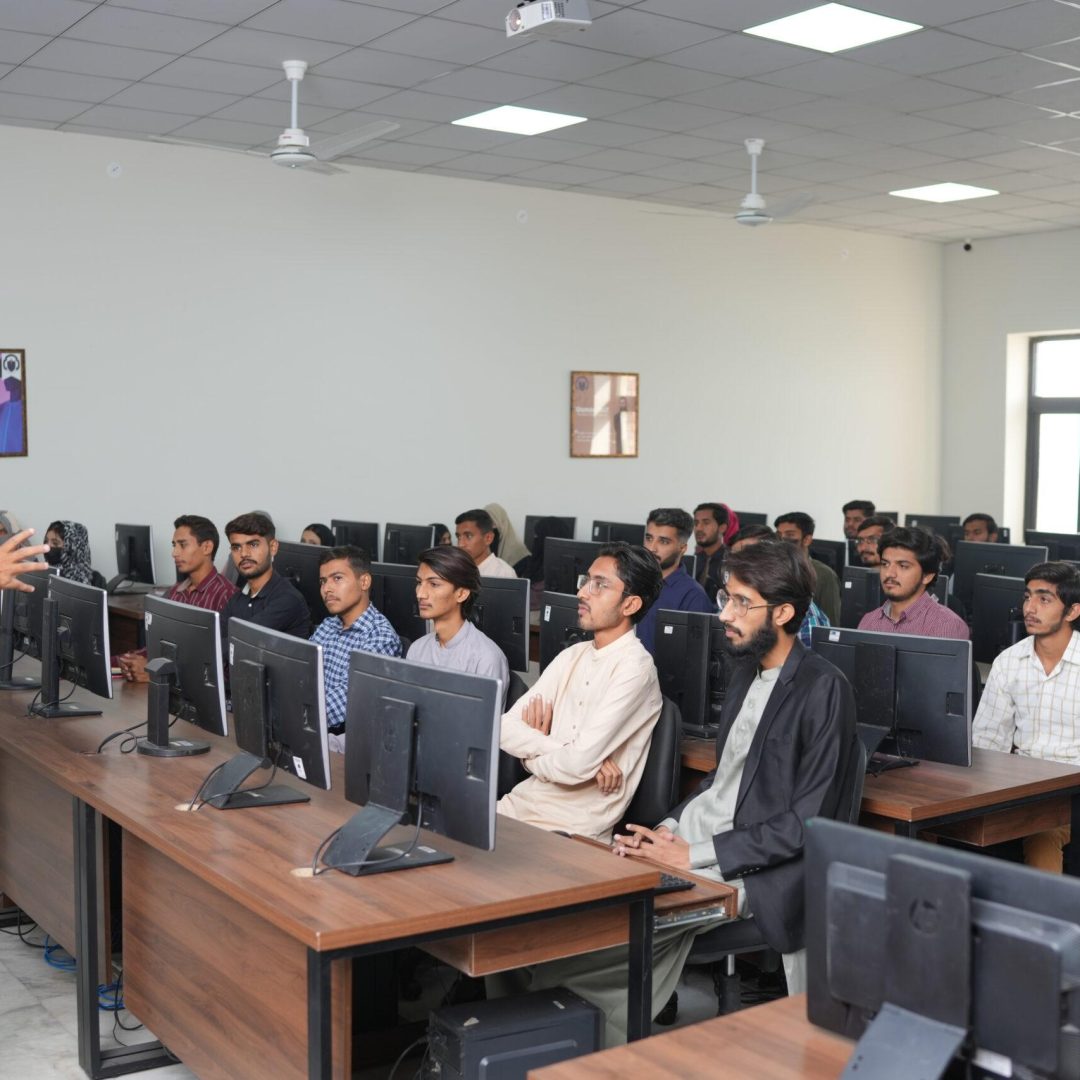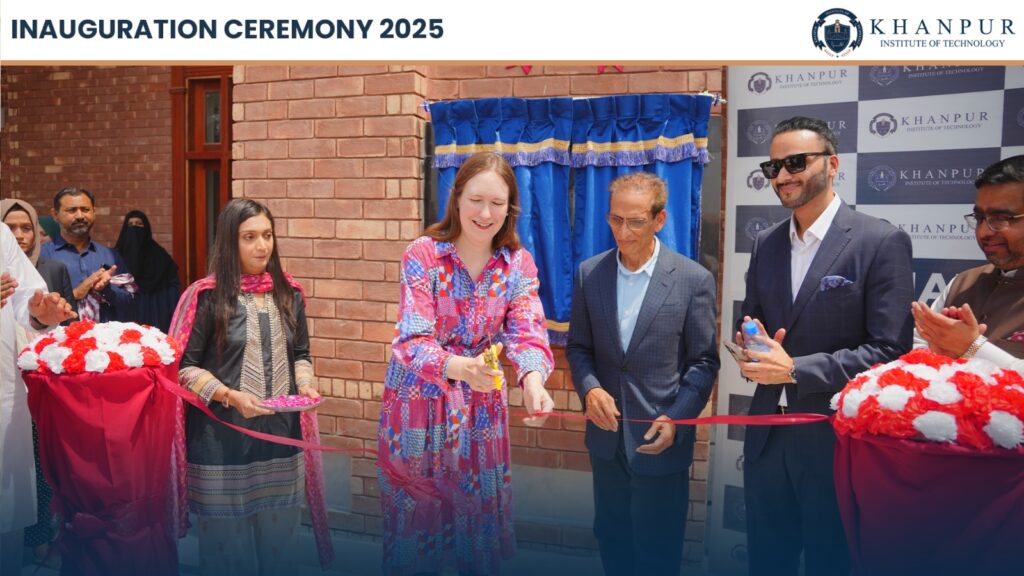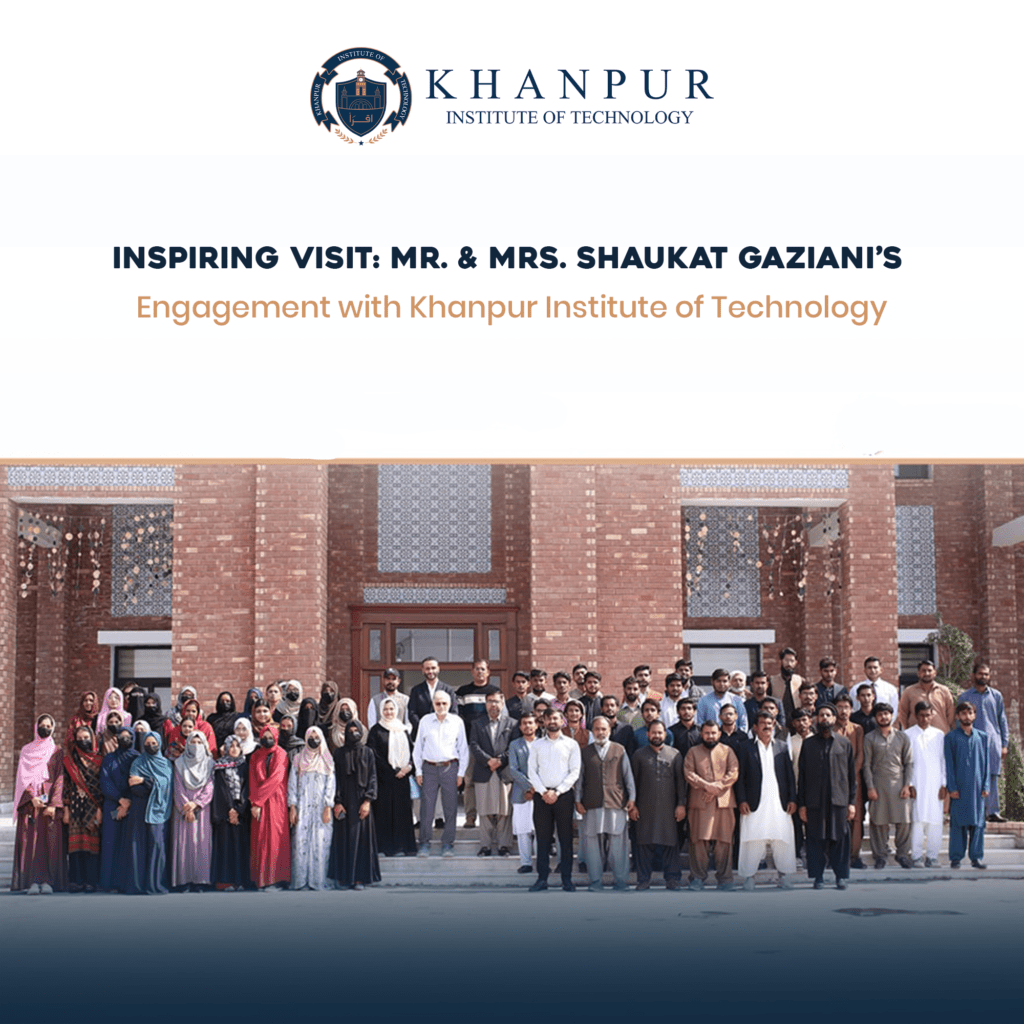The Khanpur Institute of Technology (KIT) is a non-profit institution in Khanpur, Punjab, Pakistan, dedicated to delivering quality technical education in computer science and related fields. By offering affordable, industry-aligned programs, KIT empowers the local community and drives the economic growth of Southern Punjab.
KIT boasts state-of-the-art facilities, including modern computer labs, research centers, and collaborative workspaces designed to foster innovation and hands-on learning. Additionally, KIT offers extensive scholarships and financial aid programs, ensuring that talented students, regardless of their financial background, have access to top-tier education and career opportunities.







































